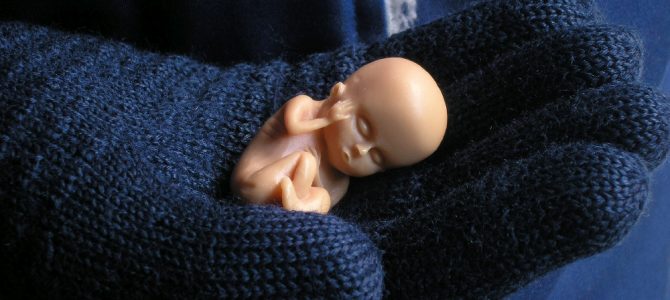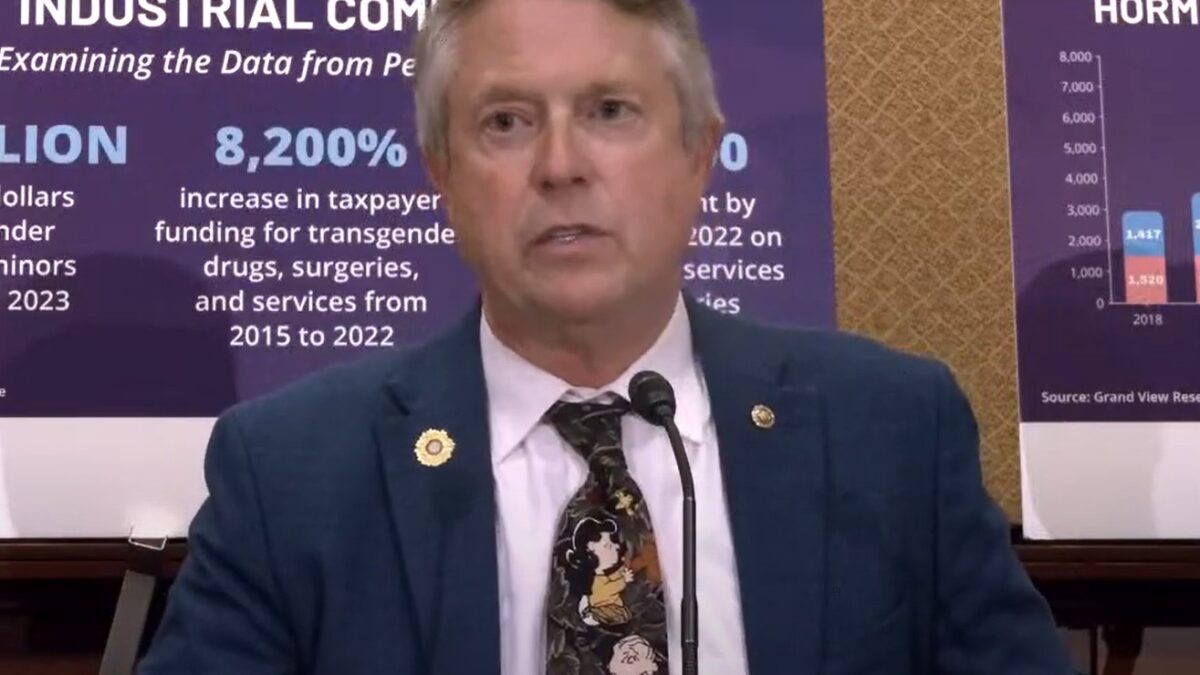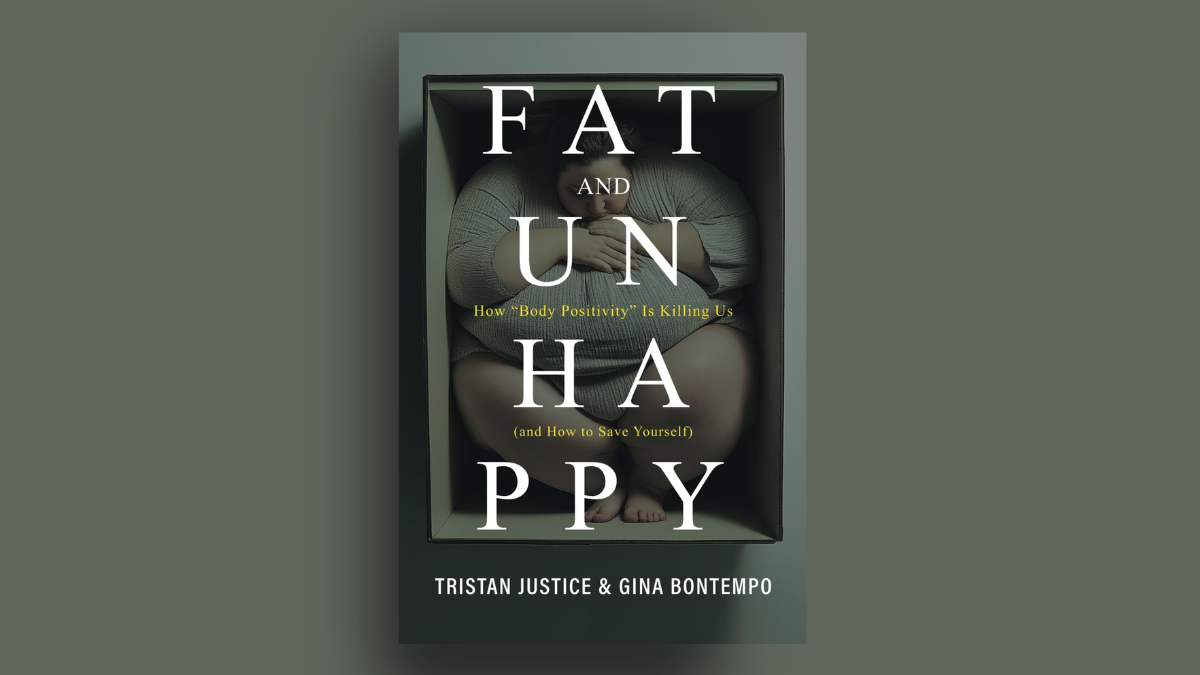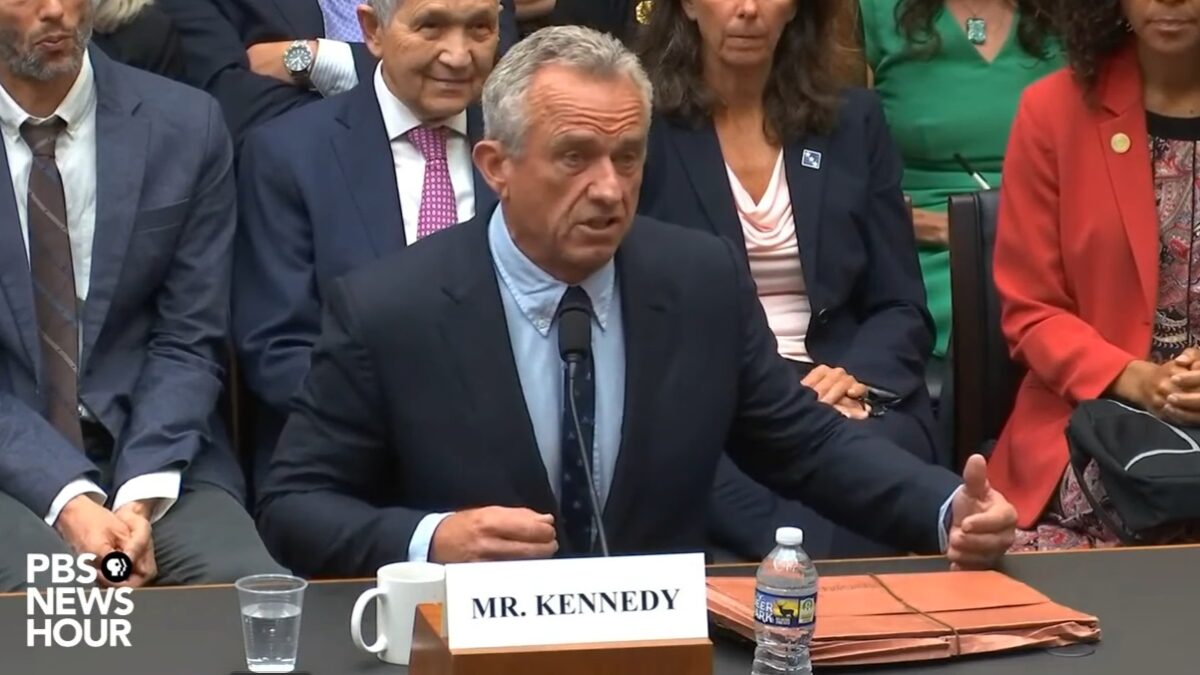
Our friends over at Live Action News have discovered an interesting aspect to the latest edition of the textbook “The Developing Human: Clinically Oriented Embryology”: the book confirms the premise of the pro-life movement.
The authors of this textbook state in two separate cases that “human development” is “a continuous process that begins when an oocyte from a female is fertilized by a sperm from a male,” and also that “human development begins at fertilization when a sperm fuses with an oocyte to form a single cell, the zygote.” In other words: human life begins at conception.
This is almost a self-evident proposition, although the pro-choice movement tends to look upon this basic scientific tenet as if it were some kind of witchcraft chant. No serious person really doubts it. As Mollie Hemingway put it, saying “human life begins at conception” is essentially identical to saying “things begin at the beginning.” It’s tautological. The only reason anyone feels the need to point it out is because the pro-choice movement decided to take a scientifically illiterate stand against it.
When People Make Themselves Ignorant
Scientific illiteracy is a difficult beast to wrangle, chiefly because it is self-informing and debilitatingly insular: when you don’t know you’re wrong on the basic facts, and you don’t know you don’t know, you’ve already dug yourself a hole twice too deep to crawl out of. The illiteracy is exacerbated when willful and self-imposed. It informs a whole host of other problems as well: bad policy, cultural ignorance, a kind of bull-headed and furious obstinacy.
Think of the average pro-choice feminist who wants abortion to be both legal and publicly funded, who thinks the pro-life movement is part of some dark patriarchal plot to turn women into breeding sows, and who utterly refuses to consider any other possible point of view. How much of this might change if the person in question just cracked a medical textbook and opened his or her mind?
To be fair, there are pro-choicers who recognize the fundamental humanity of unborn human beings but who nevertheless believe it should be legal to kill them. It is perhaps not fair to call these people “monsters.” But what will they call such people 100, 200, 500 years from now, if and when abortion has been long-outlawed and seen for the barbarous practice it quite obviously is? What do we call the slave traders nowadays, and the cotton barons who built their fortunes on the broken backs of the enslaved? Do we mince words?
I think we will not then mince words for the fanatical pro-abortion partisans in our midst today, whether or not they recognize that unborn human beings are, you know, human beings.
It’s Okay to Kill Really Small Babies
Consider the kooky left-wing rag Alternet, which recently attempted to teach parents “how to talk with your kids about abortion.” You will not be surprised to learn that the article is an example of rank stupidity and dissembling, the kind of nauseating rhetoric they will eventually place those who use it beside the likes of John Calhoun and Margaret Sanger.
“Babies are more important than embryos,” Valerie Tarico instructs parents to tell their children. Embryos, she claims, are not “full-fledged babies” and are therefore okay to kill. Tarico says you should pose an analogy to your child: “If I came home from the store with a carton of (fertilized) eggs, could I say that I have 12 chickens or even chicks?” And: “If I had a bag of almonds, could I offer to sell you 100 almond trees? Why not?”
To be fair, in one sense Tarico has the right idea: this type of deeply stupid and willfully ignorant rhetoric is very suitable for children, whose minds are more simple than adults’ so are more susceptible to aggressively simple and diametrical thought. Adults, on the other hand, do not really have much of an excuse: they should be well aware that the pro-abortion argument from development is profoundly flawed, ignorant of just about every single facet it touches: biology, physiology, taxonomy, embryology, morality.
You might be able to fool your child by divorcing a human embryo from its humanity then comparing it to a fertilized chicken egg. If so, congratulations, you pulled one over on a person who probably still believes in the Easter Bunny. The great embarrassment, however, is that you’ve also fooled yourself, and by your own volition.
Killing innocent human beings is wrong. I know it. Valerie Tarico knows it. Everyone to whom the question is posed knows it. How long until this obvious knowledge, self-evident to even the least gifted among us, is reflected in our words, our lives, and our public policy? How much killing could be stopped if people just spent ten minutes looking over a college biology worksheet?









